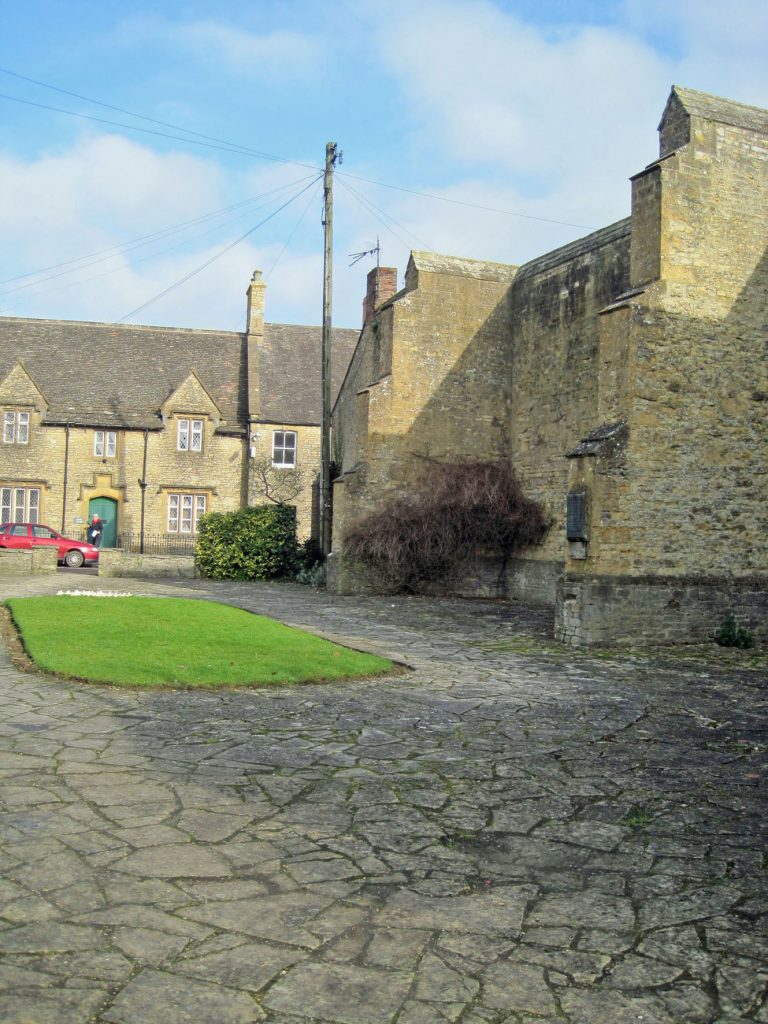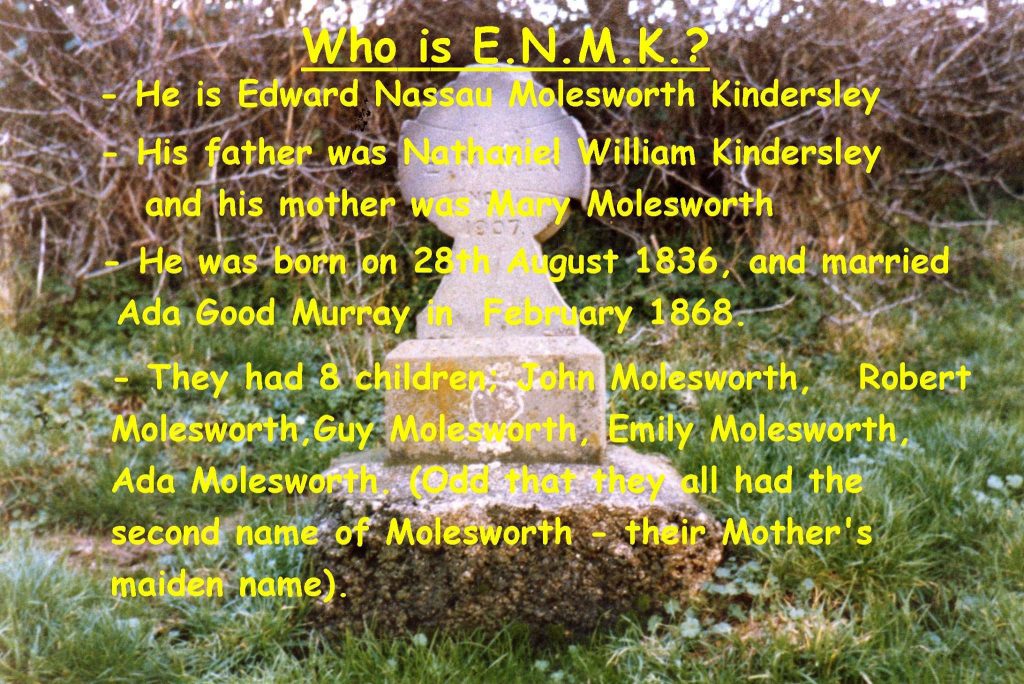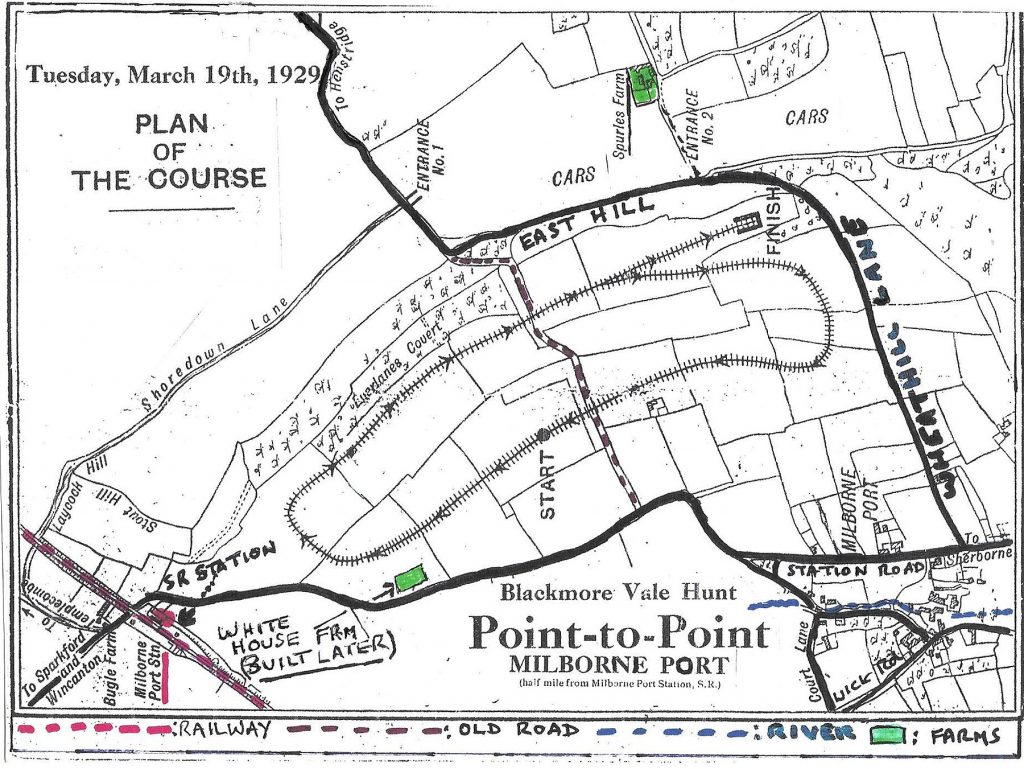Sporting Clubs
The first recorded sporting event in Milborne Port was in 1225, when a wrestling contest was held. Unfortunately one contestant, William the Fool, was killed by another, William le Wykere, who was subsequently outlawed!
In the eighteenth century Monday became a popular day to hold sporting events. It was a working day, but since wages were paid on a Saturday, this was the day on which workers were most likely to take a holiday to watch sporting events such as wrestling, foot racing and pugilism, all of which were reported in the local press.
Various sports clubs were started only to fade away after a short time. Some carried on for longer, but the two most long lasting are the Football and the Cricket Clubs. Follow this link for lots of great information about the history of Milborne Port Football Club: https://milborneportfc.com/index.php/history
Two sports that no longer take place in the village are Skating and Fives.
Prior to the sewage plant being installed in 1886, during freezing weather low pasture land would be allowed to flood so that skating could take place. Fred Pearce remembered skating at Milborne Wick as late as 1932.
Fives was a popular game in the 19th century and in 1847 Sir William Medlycott gave the Ball Court. Hours of play were from 9am until sunset.
In August 1905 the newly formed Milborne Port Fire Brigade held its first drill in the court.
In the 1920s and 1930s, small boys would play football in the court which then had gates at each end.

Rugby
A rugby club was formed, playing on the old Jubilee football field, but folded quite quickly.
Badminton
Badminton was started by the Methodists, the sport proved popular and the club continues to day.
Hockey
During WW1 the women had a hockey team using the Liberal Club as their headquarters and changing rooms. This later became a mixed team which played at Broadmoor at the end of East Street.
Boxing
The Boys Brigade offered sparring sessions. Between 1948 and 1950 these were held in a large room above the main arch of the Queens Head. Mrs Tizzard the landlady, did not charge for the room, which had an outside staircase allowing boys access without going into the pub. The room was cleaned out and a ring was erected, training took place once a week and matches were held regularly. No charge was made but a collection was taken at each match to pay for gloves and sponges. Unfortunately after two years the floor became likely to give way and the club folded.
Tennis
Between WW1 and WW2 the Tennis Club headquarters, with two hard courts, and a small pavilion was at Tom Coombes.
Tournaments were held either on the two courts at British School or on the one at the Church School. There were many hard courts around the town, hard courts at Little Newland, Eastland Furlong and the Bowling Green complete with a large wicker umpires chair.
Soft courts could be found at Limerick, Cheriton, David Singletons, B. Ryalls at Wick Bridge, Windyridge, at Samuel Hanns, on Russell Place and Ven also had two grass courts.
Swimming
Public swimming in the mill pond was enjoyed for many years when Kingsbury Mill ceased grinding. In 1924, part of the mill pond was cemented round, the bed was cleaned and a tent was erected for changing facilities. 10 years later the pool became dirty and was closed.
Polo
The Blackmore Polo Club was formed in November 1899, with matches being played at the top of East Hill. A pavilion was erected to provide shelter for the spectators.
In August 1900 a Polo Gymkhana was held on the club ground. In the summer of 1902 when King Lewnaika of Barotseland visited Purse Caundle for a polo match, the town turned out to see him and his attendants drive past slowly in an open carriage.
Polo was a sport for the wealthy, but the boys from the Church School were sent to the ground at Spurles Farm to tread back the divots between chukkas. They much preferred this to lessons, particularly as they were often given money by the players if the team won.
Point to Point
Although point to point was also a sport for the wealthy, it was keenly watched by the workers. The earliest record found was from April 2nd 1904, when 5 races were held on a grass course near the railway station. Two of the races were for a cup and 10 sovereigns.
In 1907, Edward Nassau Holesworth Kindersley was killed when he fell from his horse during a point to point race. A memorial stone marks the spot just beyond Newtown.

During the 1930’s the race days became celebrations, with bookmakers, fruit and confectionary stalls and many other attractions. A lavish Farmers tea was served to those who bought tickets.

The annual Blackmore Vale Hunt Point to Point is still held every year but is now held at Seven Wells on land belonging to the Sprake family.